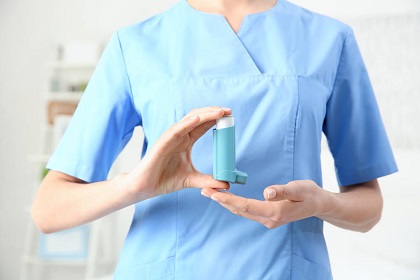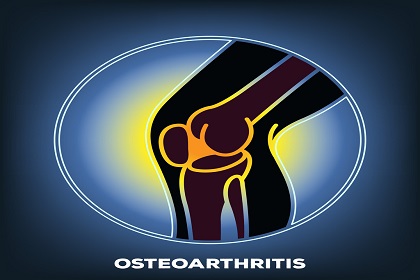Search
Why get vaccinated?
Vaccination can protect infants from pneumococcal disease.Pneumococcal disease is caused by bacteria that can spread from person to person through close contact. It can cause ear infections, and it can also lead to more serious infections of the:
• Lungs(pneumonia)
• Blood (bacteremia)
• Covering of the brain and spinal cord(meningitis)
Pneumococcal pneumonia is most common among adults. Pneumococcal meningitis can cause deafness and brain damage, and it kills about 1 child in 10 who get it. Anyone can get pneumococcal disease, but children under 2 years of age and adults 65 years and older, people with certain medical conditions, and cigarette smokers are at the highest risk.
Treatment of pneumococcal infections with penicillin and other drugs is not as effective as it used to be, because some strains of the disease have become resistant to these drugs. This makes prevention of the disease, through vaccination, even more important.
Pneumococcal conjugate vaccine
Pneumococcal conjugate vaccine (called PCV13) protects against 13 types of pneumococcal bacteria. PCV13 is routinely given to infants at 2, 4, 6, and 12–15 months of age. Your doctor can give you details.
Some people should not get this vaccine
Anyone who has ever had a life-threatening allergic reaction to a dose of this vaccine, to an earlier pneumococcal vaccine called PCV7, or to any vaccine containing diphtheria toxoid (for example, DTaP), should not get PCV13.
Anyone with a severe allergy to any component of PCV13 should not get the vaccine. Tell your doctor if the person being vaccinated has any severe allergies.If the person scheduled for vaccination is not feeling well, your healthcare provider might decide to reschedule the shot on another day.
Risks of a vaccine reaction
With any medicine, including vaccines, there is a chance of reactions. These are usually mild and go away on their own, but serious reactions are also possible.
After vaccination, please stay in clinic observation area for 30 minutes.
The most common problems reported among infants were:
• About half became drowsy after the shot, had a temporary loss of appetite, or had redness or tenderness where the shot was given
• About 1 out of 3 had swelling where the shot was given
• About 1 out of 3 had a mild fever, and about 1 in 20 had a fever over 102.2°F
• Up to about 8 out of 10 became fussy or irritable
Adults have reported pain, redness, and swelling where the shot was given; also mild fever, fatigue, headache, chills, or muscle pain. Young children who get PCV13 along with inactivated flu vaccine at the same time may be at increased risk for seizures caused by fever. Ask your doctor for more information.
Problems that could happen after any vaccine
• People sometimes faint after a medical procedure, including vaccination. Sitting or lying down for about 15 minutes can help prevent fainting, and injuries caused by a fall. Tell your doctor if you feel dizzy, or have vision changes or ringing in the ears
• Some older children and adults get severe pain in the shoulder and have difficulty moving the arm where a shot was given. This happens very rarely
• Any medication can cause a severe allergic reaction. Such reactions from a vaccine are very rare, estimated at about 1 in a million doses, and would happen within a few minutes to a few hours after the vaccination
As with any medicine, there is a very small chance of a vaccine causing a serious injury or death.
What if there is a serious reaction?
What should I look for?
Look for anything that concerns you, such as signs of a severe allergic reaction, very high fever, or behavior changes. Signs of a severe allergic reaction can include hives, swelling of the face and throat, difficulty breathing, a fast heartbeat, dizziness, and weakness. These would start a few minutes to a few hours after the vaccination.
What should I do?
If you think it is a severe allergic reaction or other emergency that can't wait, call 120 or get the person to the nearest hospital. Otherwise, call your doctor.
Where can I get more information?
• Jiahui Health
Contact number: 400-868-3000
• Shanghai Municipal Center for Disease Control & Prevention
Contact number: 021-62758710
Website: http://www.scdc.sh.cn
Reference
The US Centers for Disease Control and Prevention. Vaccine Information Statement: PCV13 Vaccine, 11/05/2015
Click the link for more information on Family Medicine Clinical Service
Click the link for more information on Pediatrics Clinical Service











